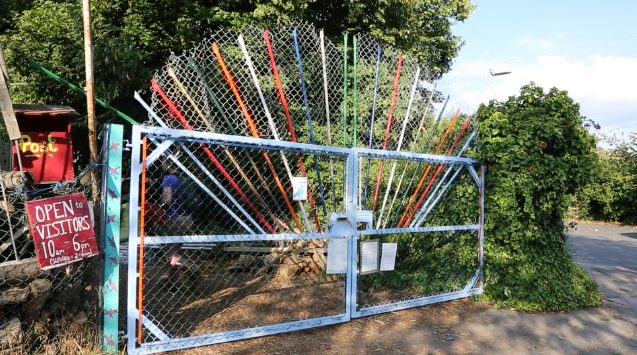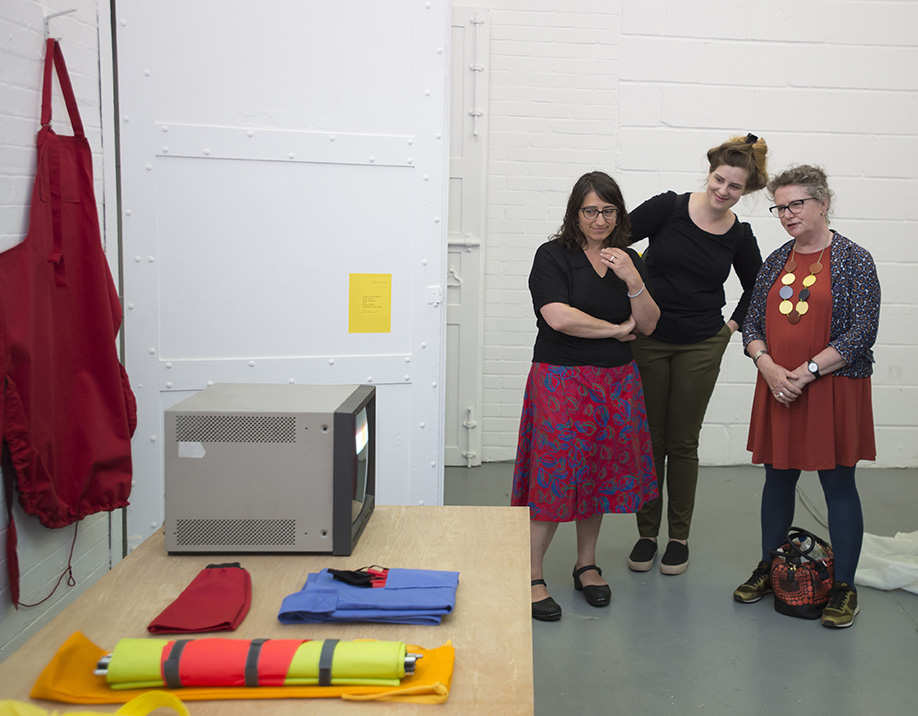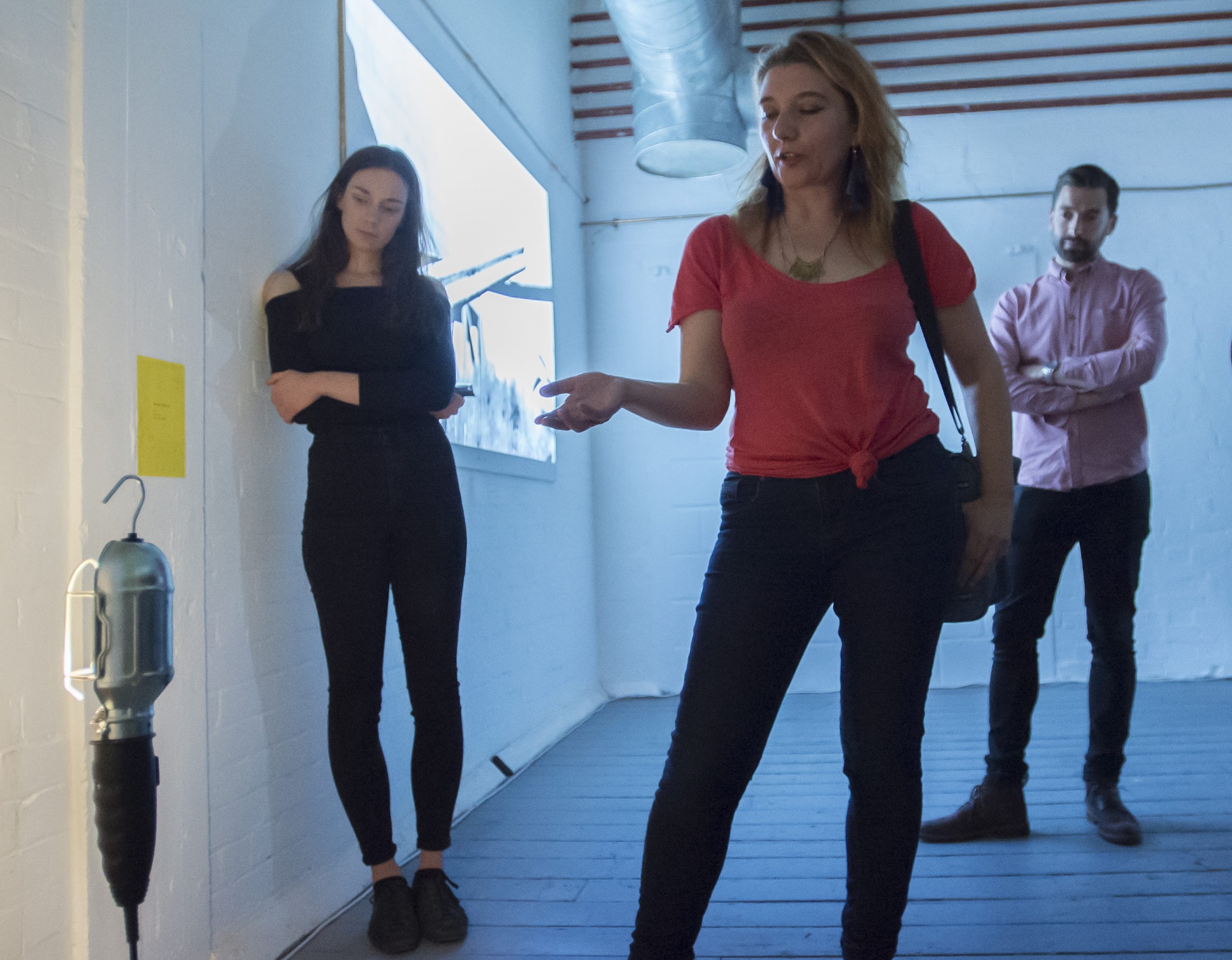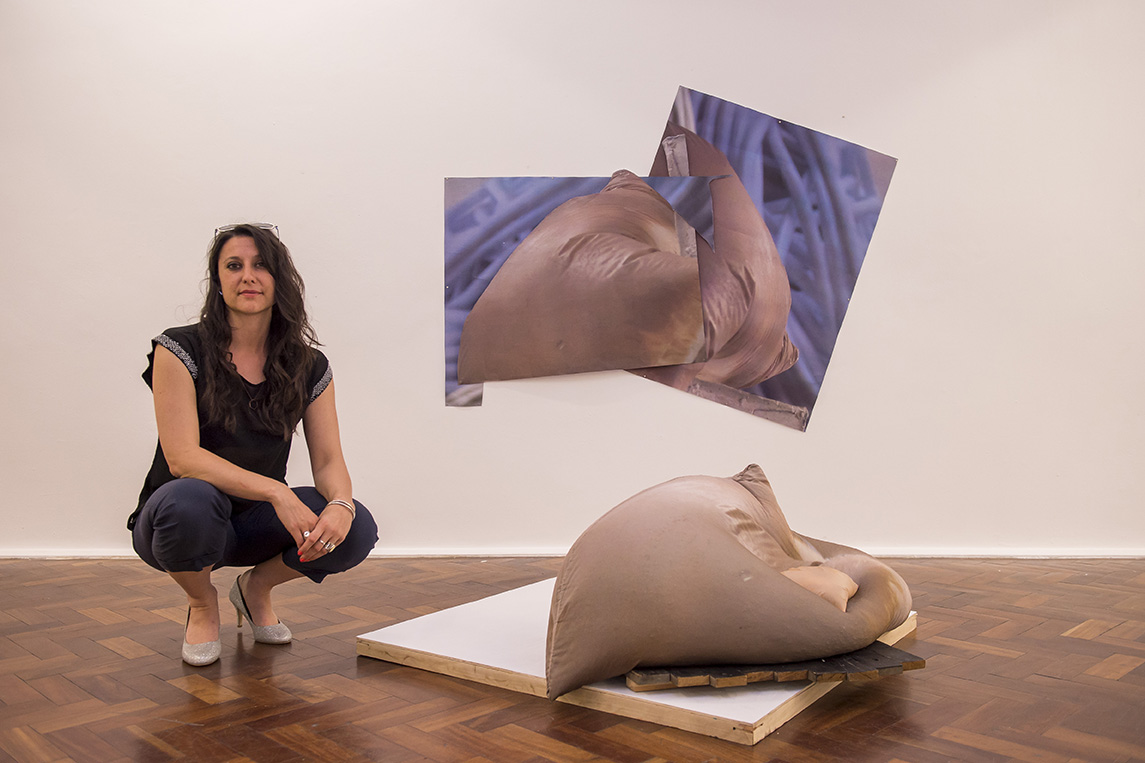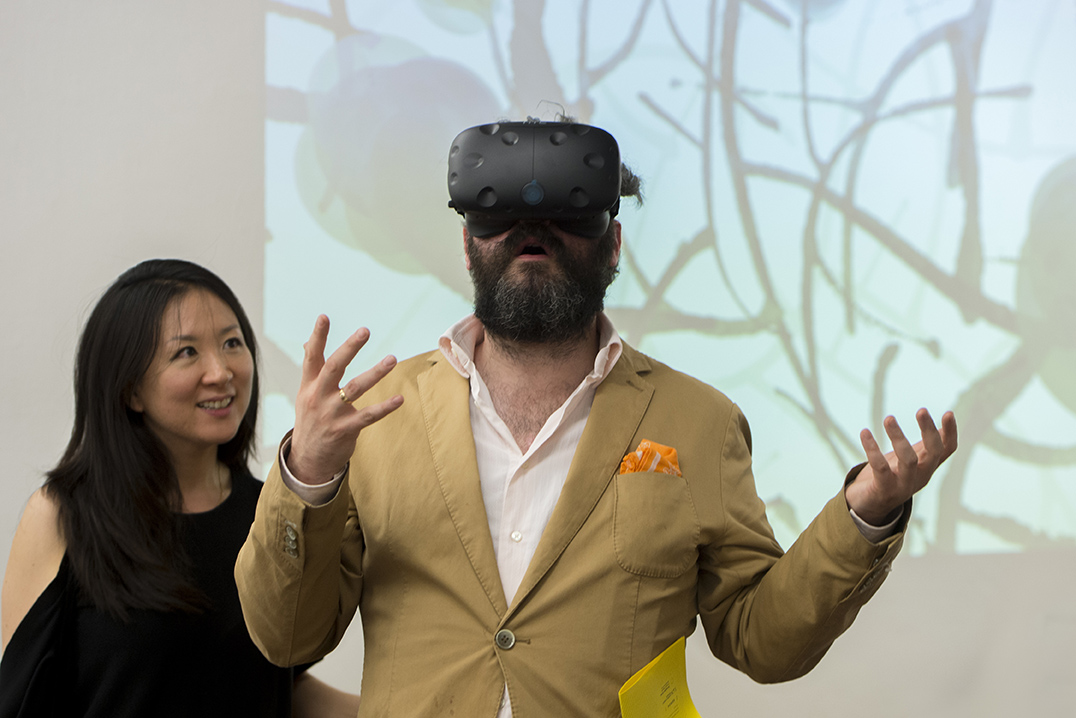
LCN Story: Peer Social – Artists Beyond LCN

As LCN embarks on its third year of supporting artists with their professional development, Kathrin Böhm (LCN Mentor at SPACE) was invited to interview Peer Social, a group of artists who met on the programme in 2017/18, to discuss the long term benefits of LCN and its network. Finding the regular peer support of LCN useful, Peer Social continued to have self-organised meetings. The group was awarded the ArtQuest PEER FORUM 2018 award at Cubitt. The award enables them to investigate how to establish a forum for sustainable and supportive critique, and invite guest speakers, such as curators Lucy Day and Ceri Hand, or gallerist, Christian Mooney.
Group members are: Cleo Broda, Sinéid Codd, JMC Hayes, Soa J Hwang, Anne Krinsky, Eva Lis, Laura Moreton-Griffiths, Katia Potapova, Kristina Pulejkova, Cecilia Sjoholm, Alexis Zelda Stevens and Pandora Vaughan.
Kathrin: It always sounds simple to ‘just go and network’ or ‘just self-organise’. Could you say what the most important impulse or moment was to kick into action and set up the group?
Laura: We all recognised the importance of being in a group of like-minded artists whose opinion we trust and respect. LCN introduced us to each other and provided the framework. Our impulse was to keep it going.
Sinéid: It has to be said that it was because the LCN crits were always stimulating and beneficial, so it seemed a natural progression to keep going for the benefit of all involved.
Lexi: The regular evening sessions, that were organised as part of LCN, forced feedback and conversation around my art practice into my regular schedule and this had a clear impact on my level of focus so I was keen to continue.
Pandora: To be honest, it was fairly simple – we discussed it randomly at the LCN / SPACE Showcase 2nd Edition evening and those that wanted to get together did. The luck was in having a good space to start meeting up in, via Eva. Also, Cleo being willing to email everyone reminders and keep a list of our contact details together.
Katia: We ‘self-organised’ due to braveness and leadership of Cleo Broda – thank you Cleo! I think, we have stayed organised for such a long time, because we are all genuinely committed to the group.
Anne: There is a lot of energy in the group and an interest in learning from each other and from a range of arts professionals. Although our individual aesthetics and practices are varied, it is a supportive space to bring work-in-progress.
Kathrin: I think peer-based groups for informal exchange and support are great and are a sufficient thing in itself, but do you have any plans to go beyond what you’ve been doing so far or will you mainly focus on the value of the group as is?
Sinéid: Our recent exhibition ‘Genesis Light Magic’ at St John’s Church, Bethnal Green, was curated by Laura, came out of her suggestion and our desire to make and show. Supporting each other to take risks and experiment is a key aspect of our individual and collective development.
Pandora: Having the show at St. John’s to work on was great. I think we need to do more exhibiting and regularly add new members.
Cleo: We were quite happy working as a peer support group, but putting some funding applications together helped to firm things up. We were able to discuss what our aims were and think about what would be good for all of us. Having the Artquest Peer Forum funding has been great – we wanted to enhance our critical skills and get back some of the formality we had when presenting on the LCN programme, and I feel that we have done this.
Laura: Artquest’s support has validated and consolidated what we were doing already. We need to keep nurturing the group. It is valuable. Now we need more audience and to keep extending our networks. So, the plan is to write proposals for group shows and apply for more opportunities. We would like to be invited to exhibit in a meaningful location and to come to the attention of an influential gallerist or curator. I think that the great thing of our group is that we are all trying to make opportunity together. With kindness, intelligence and generosity.
Kathrin: What would be the most straightforward suggestions aka advice for others to set up something familiar? What works? What doesn’t?
Katia: It only works if everyone in the group is genuinely into it.
Sinéid: If you feel you have benefitted from meeting and connecting with other artists during LCN, just do it! We are a group of twelve, which feels about right. We meet up about every six weeks at different artists’ studios or a community hall.
Laura: Monthly peer review sessions don’t cost anything. Make group proposals and apply for opportunities and funding. If unsuccessful, try again. Use all the thinking power in the group, each other’s skills and networks.
Pandora: I had a smaller group like this a few years ago with the same intentions but it fizzled out because it was too difficult to set convenient dates. We tried too hard to accommodate everyone. With a larger group like this one it’s really just up to you to join in on the date we agree at the previous session
Cleo: The most straight forward suggestion is to get a first meeting arranged and then work out the details – how often you’d like to meet, where, etc. If someone is happy to take on sending out info, that provides a bit of continuity. Oh, and bring snacks and drinks to share – very important!
Laura: You have to commit to the group. And commit to your practice. We are all juggling practice, work and everything else. As a strong, critically engaged group, we provide each other peer review and support. We need downtime to reflect and let the valuable information we are getting to coalesce. There is a balance between active engagement with the outside art world and internal peer support. And making work.
LCN Story: Artist Jackie Chettur
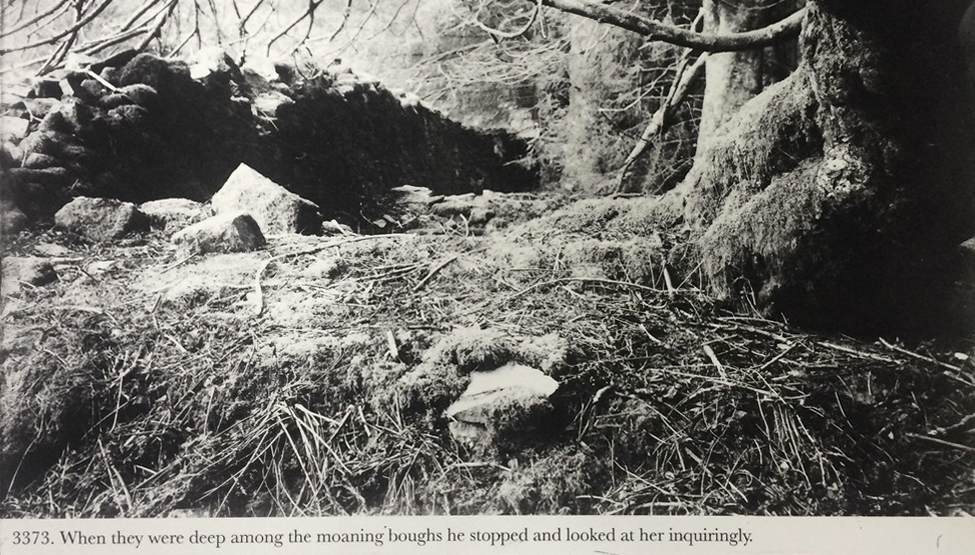
London Creative Network at SPACE

LCN Story: Artist Kate Terry
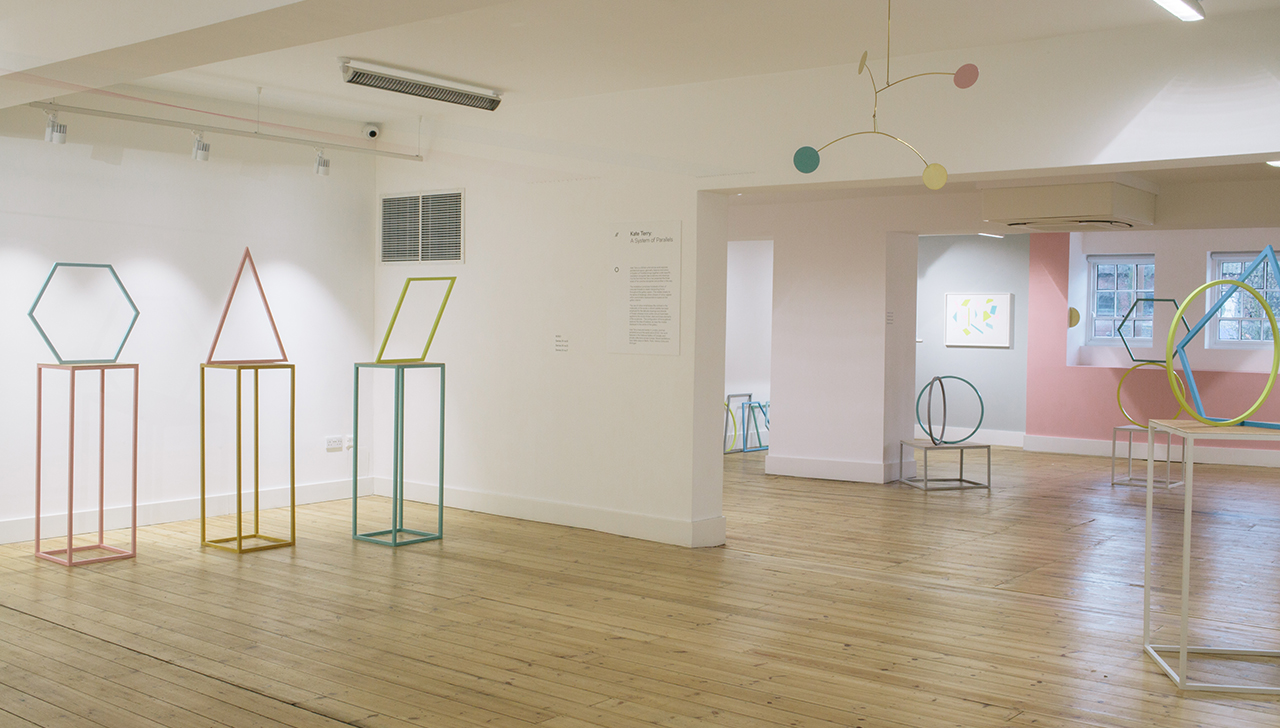
LCN Story: Woven Textile Designer Beatrice Larkin
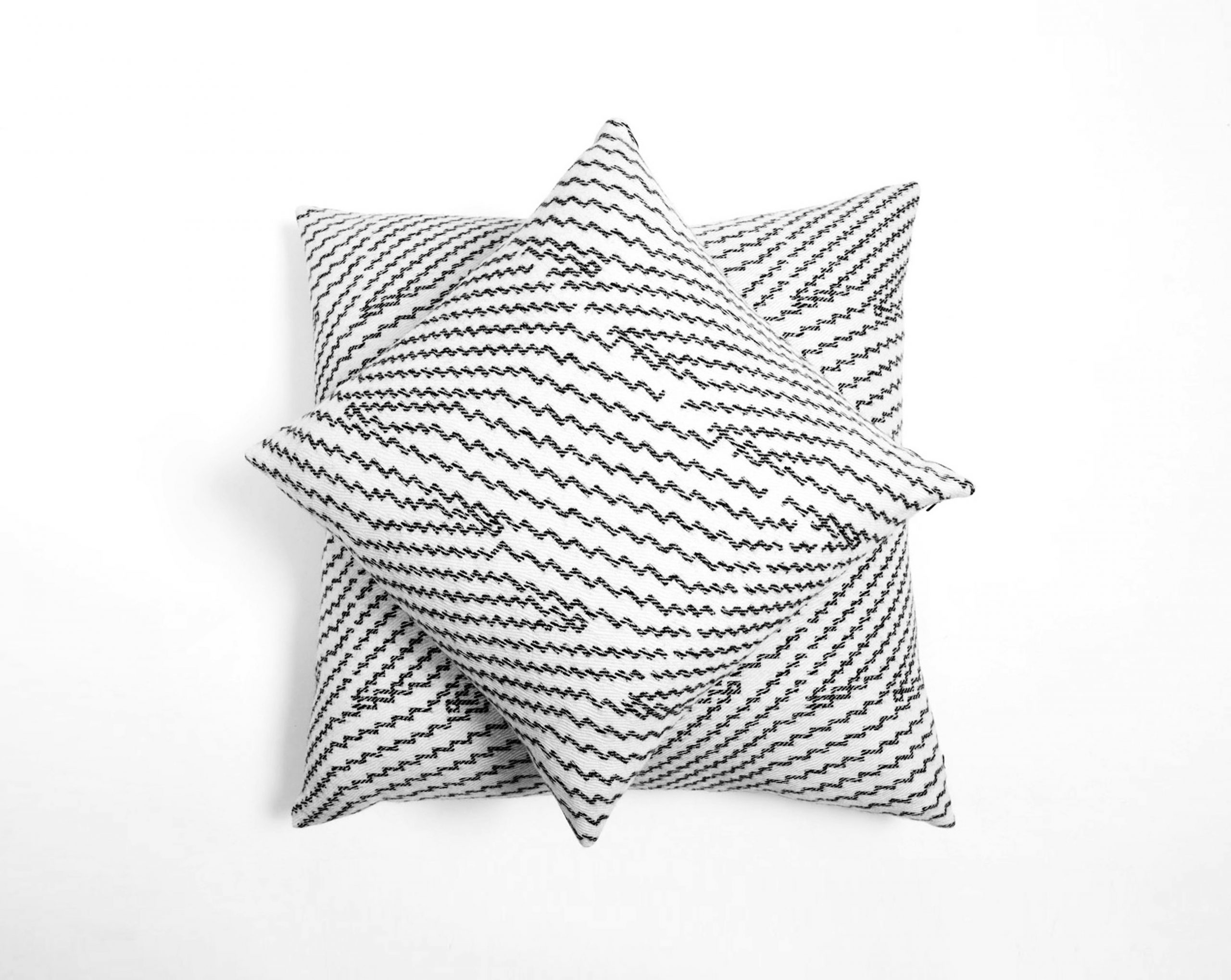
LCN Story: Photographer Chloe Rosser
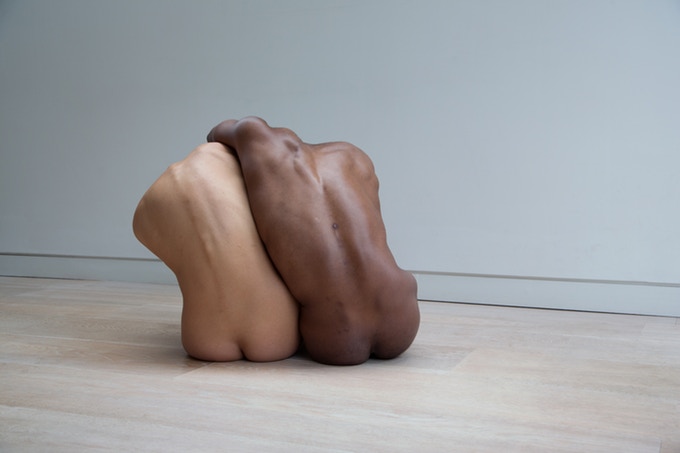
LCN Story: Photographer Brian Whar
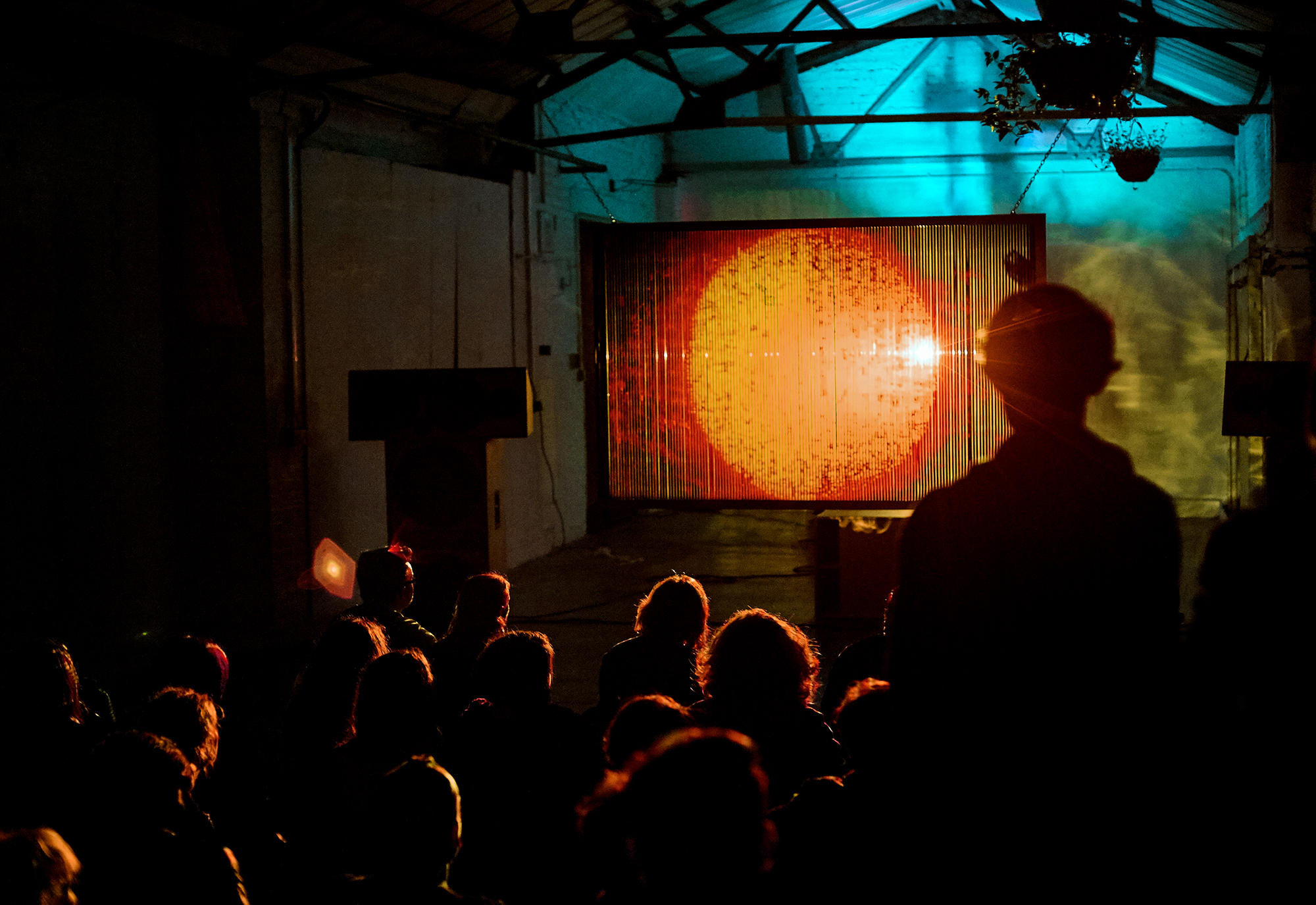
The impact of London Creative Network

LCN Story: Jeweller Alma Sophia Grønli Geller
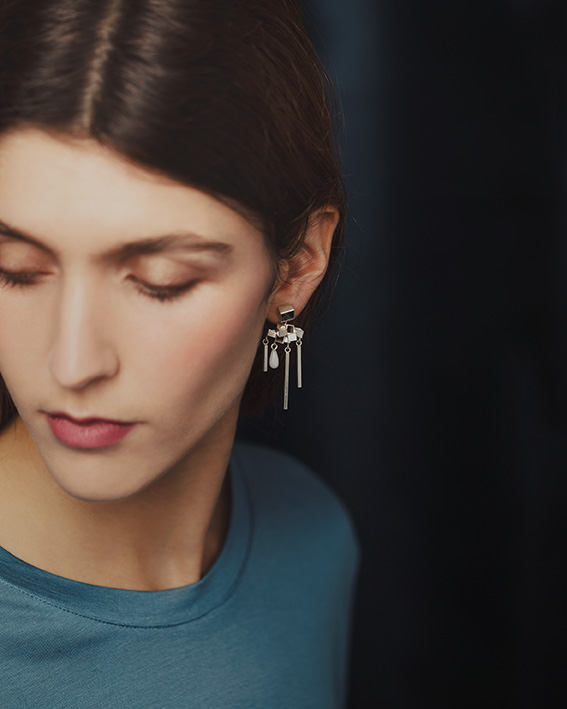
LCN Story: Performance Artist Charlotte Law
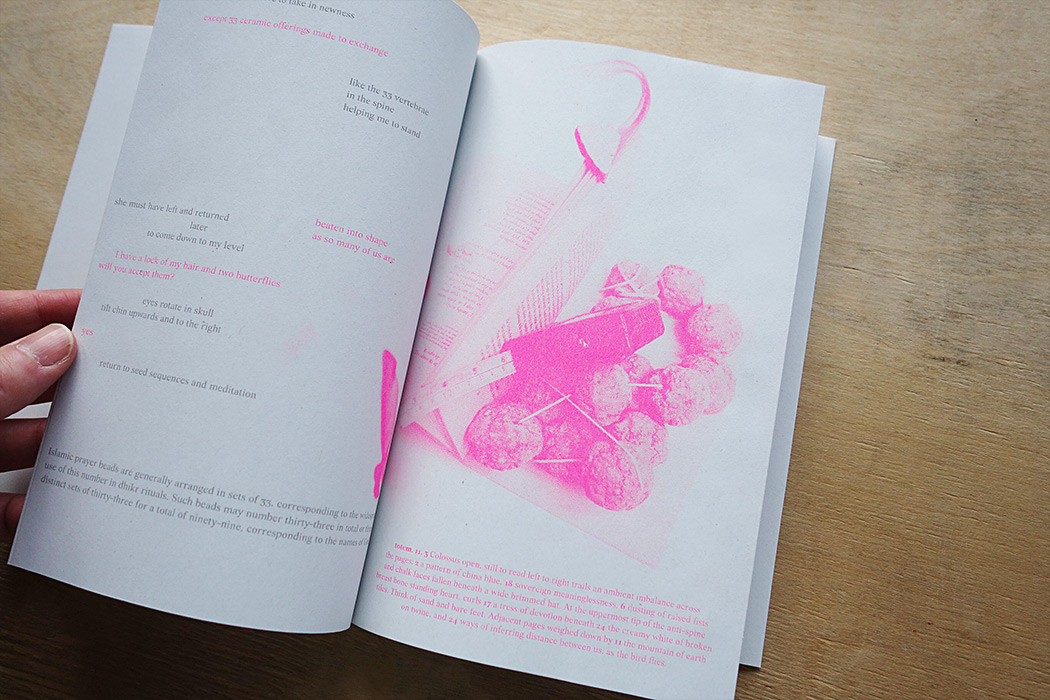
LCN Story: Photographer Jonathan Goldberg
